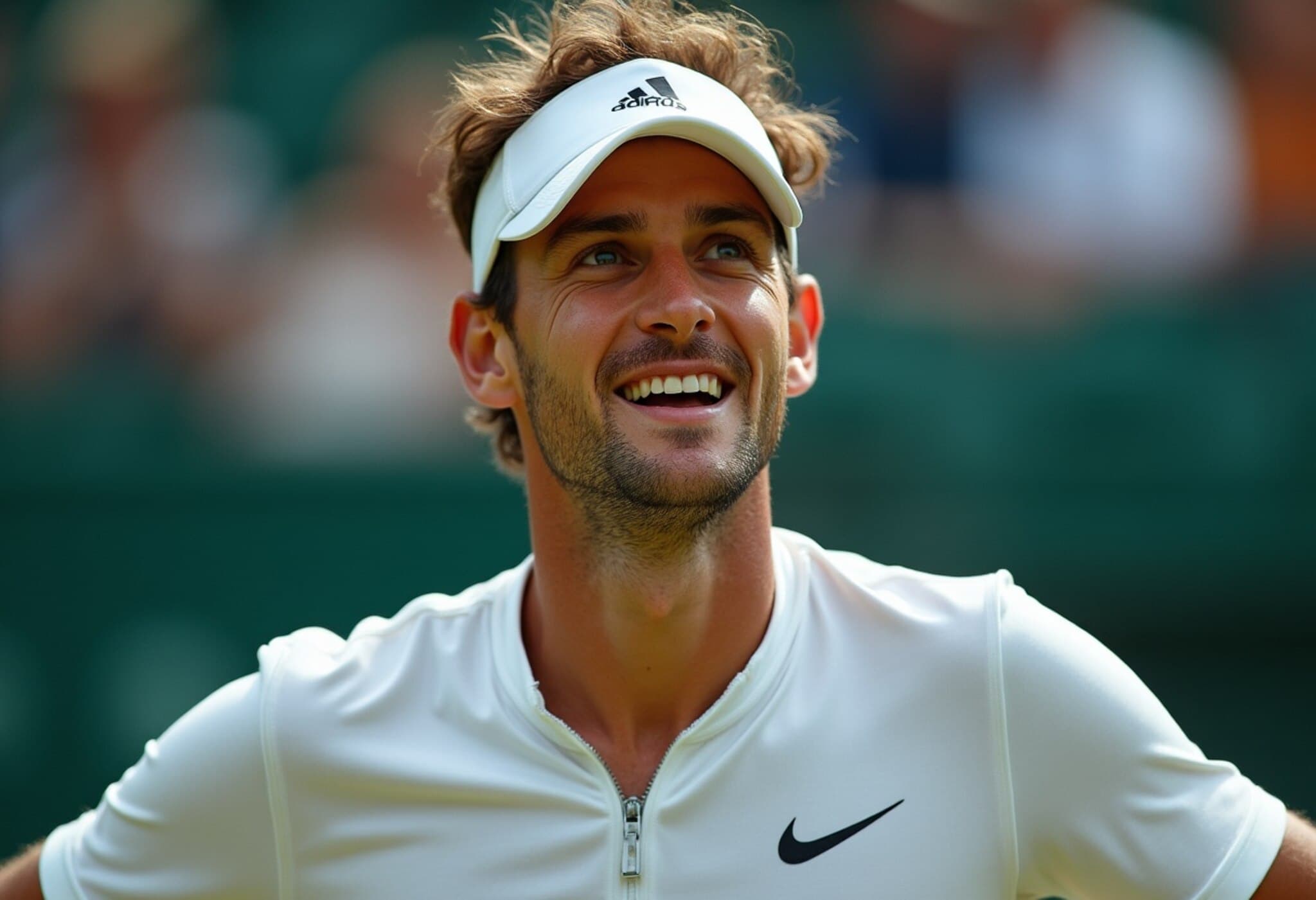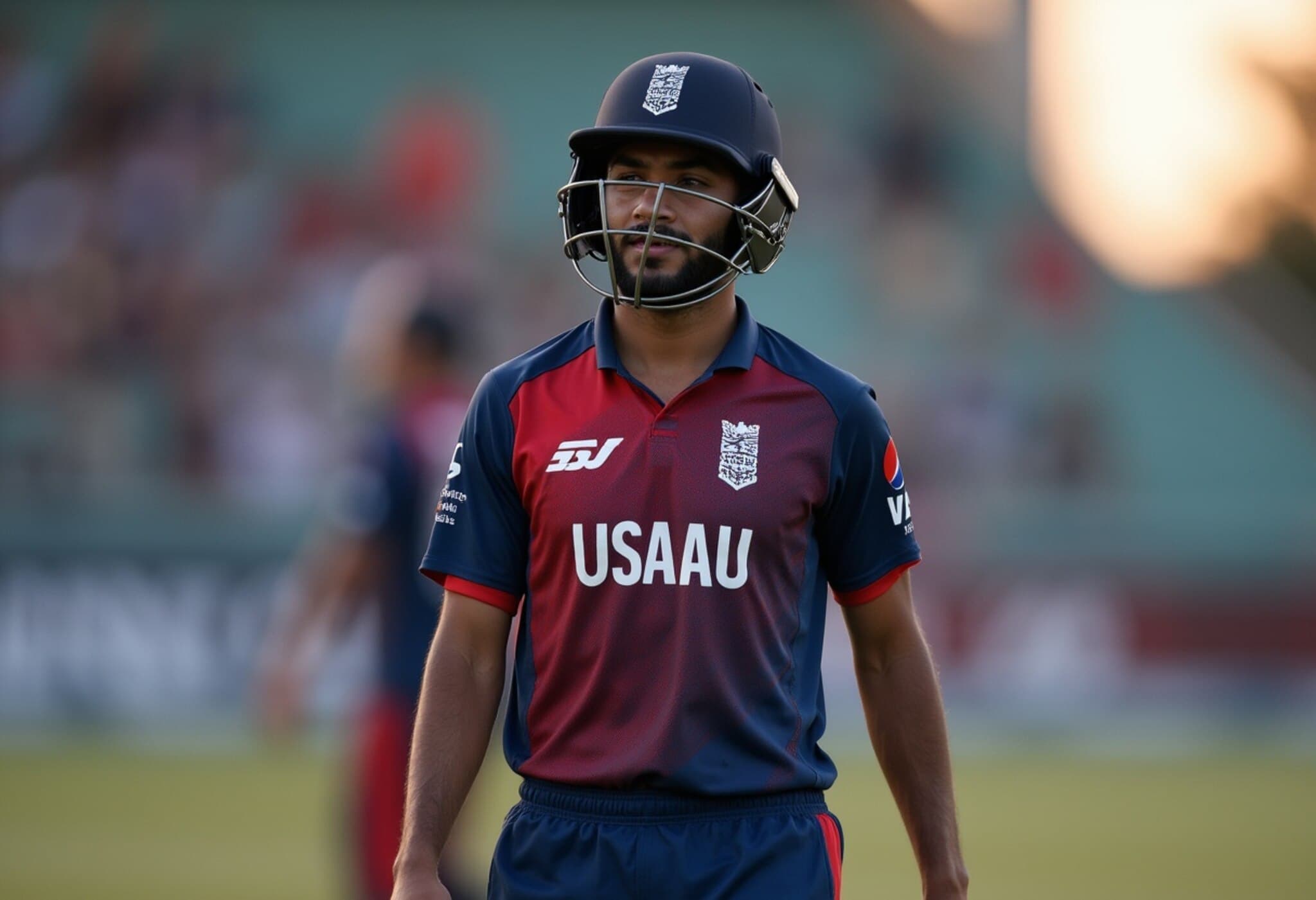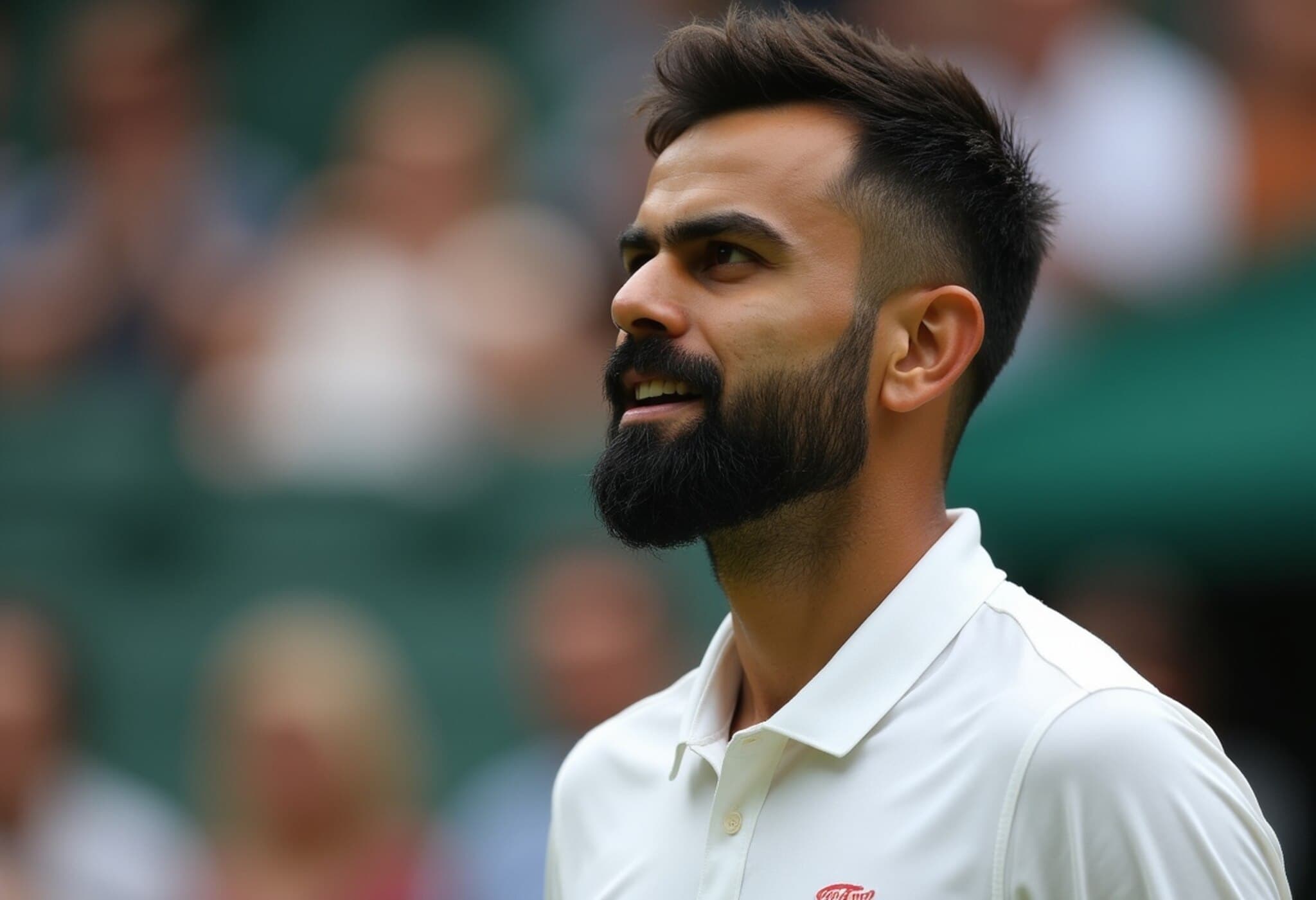Jannik Sinner’s Stunning Wimbledon Triumph: More Than Just Tennis
On a memorable day at Wimbledon 2025, 23-year-old Jannik Sinner claimed his fourth Grand Slam title, overcoming the formidable two-time defending champion Carlos Alcaraz. But beyond the grass courts of London, Sinner’s athletic story unfolds in the snowy mountains of northern Italy, where his first love was skiing—not tennis.
Hungering for Victory: The Battle with Carlos Alcaraz
Raised in South Tyrol’s alpine landscape, Sinner demonstrated an unyielding drive to rewrite his rivalry with Spain’s Carlos Alcaraz. Though Alcaraz dominated their recent matchups—winning their last five encounters including a tense showdown at the French Open barely a month earlier—Sinner’s perseverance paid off. “Every match has its own story,” Sinner said in an exclusive interview with CNBC, reflecting on his journey from narrow defeat to ultimate victory.
“He makes me a better player. When you lose, you learn and adapt. Beating him yesterday felt like the culmination of that work.” Their rivalry, balanced with genuine mutual respect and off-court friendship, typifies high-level sportsmanship in today’s elite tennis world.
More Than a Rivalry: Friendship Beyond Tennis
Their connection extends beyond fierce competition, with the two champions occasionally exchanging messages of encouragement and support. “We push each other to our limits,” Sinner explained. “On court, we’re opponents, but outside, there’s respect and friendship. That balance drives both of us.” This dynamic reveals how modern athletes navigate pressure with camaraderie, adding emotional depth to their sporting narratives.
From Slopes to Center Court: Sinner’s Sporting Evolution
Interestingly, tennis wasn’t Sinner’s original passion. Starting skiing at age three, he quickly ascended the ranks—securing a giant slalom championship at eight and finishing national runner-up by 12. Yet, by 13, a pivotal decision redirected his focus exclusively to tennis.
“Skiing is unforgiving—one slip can cost you the race,” Sinner shared. “Tennis captivated me because it’s mentally complex; you have multiple chances and battles within each match. I love witnessing mental resilience in the sport.” His unique athletic foundation underscores the diverse pathways that lead to success on tennis’s global stage.
The Mindset Behind the Glory: Embracing Pressure and Purpose
Winning at the highest level requires more than skill—it demands an unshakable mindset. Sinner embraces this philosophy wholeheartedly. “Pressure is a privilege,” he said. “If you don’t feel it, you probably don’t care enough about the outcome.” This mindset fuels his dedication to practice and competition alike.
According to Sinner, what separates elite athletes from the rest is their willingness to endure struggle. “I train with purpose every day,” he noted. “Even when it’s painful or motivation is low, showing up and giving your all in practice forms the foundation for match-day performance.”
Learning from Setbacks: The Alcaraz Loss That Fueled Success
Sinner’s recent doping suspension posed a significant hurdle in his career, leading to a three-month absence from the tour. Returning to competition in May, Wimbledon marked his triumphant comeback grand slam. Reflecting on his loss to Alcaraz in Paris, he views it as a catalyst rather than a setback. “Failures don’t exist if you’ve given 100%. Sometimes you have bad days, but it’s about effort and learning.”
Implications and Broader Reflections
Sinner’s journey speaks not only to personal resilience but also touches on the broader themes in American and global sports culture. His skiing background highlights the benefits of multisport youth development, a practice increasingly advocated by American coaches to build versatile athletes. His candid attitude towards pressure and setbacks offers a mental framework applicable across competitive environments, resonating with anyone facing high stakes.
Moreover, the respectful rivalry between Sinner and Alcaraz illustrates a modern sporting ideal: that fierce competition and friendship coexist. Such dynamics contribute positively to the public perception of professional athletes and can inspire healthier sportsmanship models worldwide.
Looking Forward: What Next for Sinner?
As the tennis season progresses, all eyes are on Sinner to sustain this momentum and potentially redefine his legacy beyond being a talented prodigy to an enduring champion. His story, from alpine slopes to Wimbledon glory, is a compelling testament to adaptability, grit, and the power of mindset.
Editor’s Note
Jannik Sinner’s ascent from a ski-loving child in South Tyrol to Wimbledon champion illustrates a fascinating multifaceted sports journey underscored by mental toughness and resilience. His relationship with Alcaraz adds layers of complexity and humanity to modern sports rivalries. For readers and aspiring athletes alike, Sinner’s story reminds us that failures are stepping stones when combined with relentless effort and purposeful training. As Sinner continues his career, the broader implications about mental health, cross-training, and respectful competition offer valuable conversation points for sports communities.












